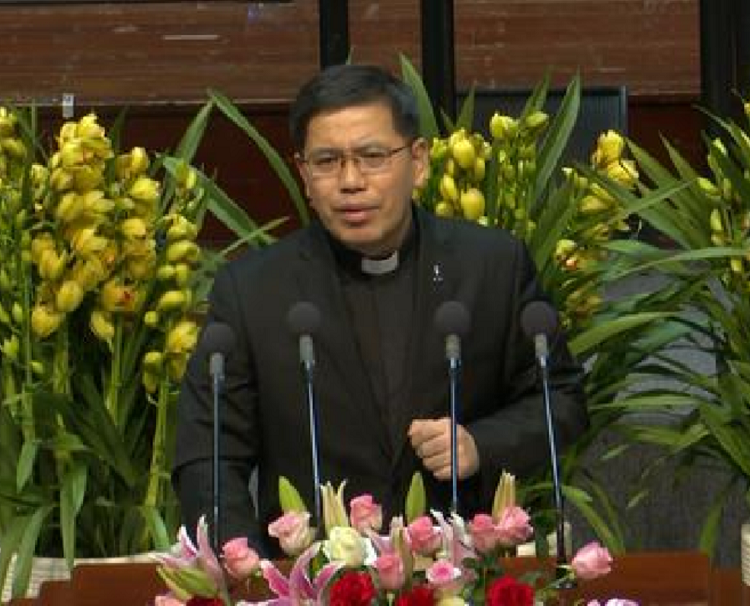"During the past three years of the pandemic, Chinese churches have gone through a 30-year journey with foreign churches," said a church worker who serves in the church's convergence media ministry.
Due to COVID-19, in-person services had to be stopped, so online pastoral care became a must in the church. Many churches have set up WeChat groups, official WeChat accounts, and live broadcast services. However, some churches didn’t carry out pastoral ministry as well as online ministry during the epidemic.
The Measures for the Administration of Internet Religious Information Services, which went into effect on March 1, 2022, claims that online ministry has to be carried out with authorization.
The way a church's virtual ministry grows depends on how the relevant departments, chief pastors, and church staff feel about it. They need to think about follow-up costs, website maintenance, and content updates. Some pastors think that even if there is no online ministry, the ministries of the church can still be carried out. And when the epidemic is over, live broadcasts are no longer needed.
However, a male believer who works in this field raised the question, "Will our church disappear on the Internet, or should it play some role in this era?"
Churches can function without online ministry. Living in a digital age, believers can find all kinds of sermons and devotional resources on the Internet. If the church does not take a place in this field, it will leave the door open for heretical cults to lure its members.
A male Christian who provides online ministry services to 200 to 300 churches said, “The church is very short of relevant talents. If you turn to other companies to do online ministry, they will charge a high price, or you can’t find someone to check with these technology companies.”
At present, the church’s online ministry is mainly carried out through official WeChat accounts, WeChat mini programs, websites, and independent apps.
A small number of churches have made web mini-programs that do things like live Sunday services, daily devotionals, Bible studies, and discipleship. Most individual churches do online ministry through official accounts and websites. During Lent, many churches send online materials to help Christians meditate on Jesus' death on the cross.
Unlike the platforms mentioned above, independent apps like "Hangzhou Church" and "Beijing Church" serve Christian councils at the city, county, and district levels instead of individual churches.
Having all the churches in a region use the same network platform not only makes the work of the departments in charge of monitoring easier, but it also makes it easier for churches to work together and help each other. It also integrates church resources to better resist heresy and extremism.
The Hangzhou Church App is the first independent church app that came up in March last year and was officially launched in September.
The Internet world has evolved from Web 1.0 to AI-based Web 3.0. The Hangzhou church app is the first web 1.0 version, and its features, like online pastors and live broadcasts that you can interact with, are getting better over time.
- Translated by Abigail Wu













